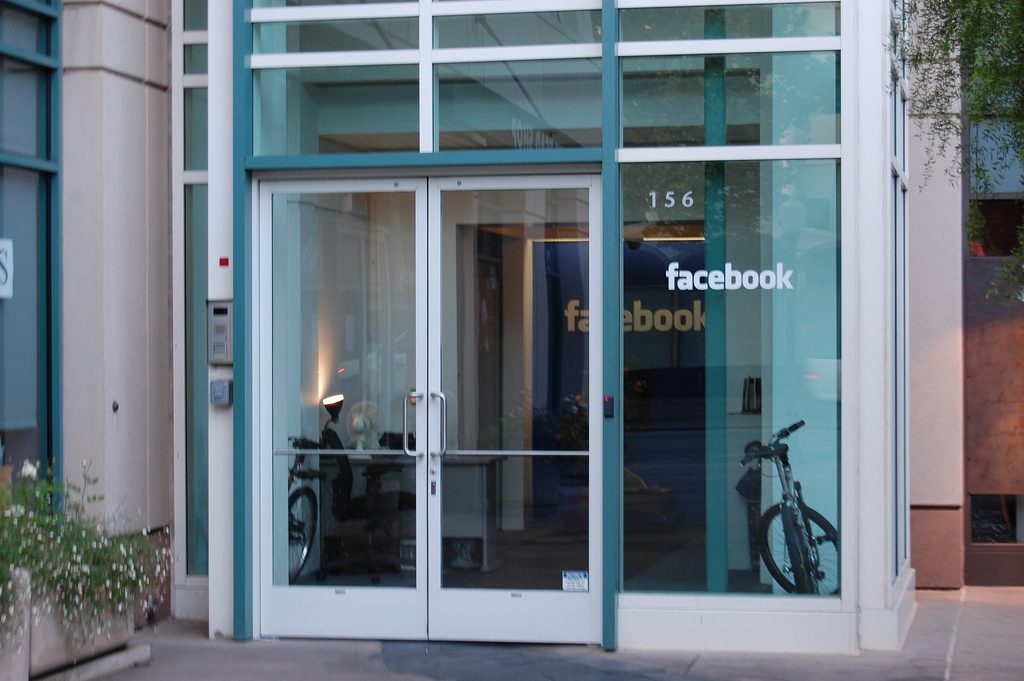
About Facebook, GSR, Cambridge Analytics and other feral animals
Image: The sneaky ones. Credits to antony_mayfield (license: CC BY 2.0 license).
THE WONDERFUL WIZARDS OF MARKETING
How they broke into your digital home and got all your personal information.
PART 1
LIONS AND TIGERS AND BEARS! OH MY!
“Shocking report: The Facebook truth” is a three part series revealing the shocking facts about Facebook and the Cambridge Analytica Scandal, and how you can protect yourself against them and other corporate privacy cyber predators.
Sooo cool, just by filling out a simple questionnaire and I can see how my digital life is. I can ratify how great is my digital personality… That’s exactly what my doctor prescribed me, to have an AI algorithm tell me how cool I am, and how handsome and daring I have shown the world that I am. Cant’ wait to use it! (LOL). And they are going to pay me 2 bucks, sweet!!!
As if I didn’t already know how I am by looking at myself in the mirror, or by making a little introspection before I go to bed. Well, for many (270,000 users to be more exact) the mirror test was not enough, much less the introspection part. They wanted a third party, specifically they wanted an AI algorithm that could verify their coolness in the digital world. And as a side benefit, get paid a couple of dollars.
What they didn’t know, was that by taking such a seemingly harmless test, albeit appealing in nature due to a personality prediction (and the $2) through a research app used by psychologists (ah, those marketing geniuses, sigh), they were pulling along all their friends to be algorithmically analyzed too by AI, without letting them know about it (and without them getting paid either, chuckle, chuckle). In all, their pool of buddies came out to be over 87 million people. Close to 71 million in the US alone, over 1 million in the UK and close to 1 million if you combine Canada and Australia together.
Now, what information was provided knowingly (by 270,000 users) or not knowingly (by the remaining 87 million non-users less 270,000 users), and to whom?
Well, to begin with, users (and unaware non users tagged along) of the “This is your Digital Life” app (that is how it was charmingly named) shared their public profiles, names, birthdays, locations, likes, and some direct messages.
And who was the mastermind behind all this quagmire? If we follow the yellow brick road, the wizard was none other than an American, now misleadingly shown, as Russian (Moldovan born), Dr. Aleksandr Kogan. A 32 year-old lecturer at Cambridge University. He originally created the now dreaded Facebook app for academic research, but as the same Cambridge University stated, he “repurposed [it] for use by GSR (his own commercial enterprise), it was rebranded and released with new terms and conditions, and it was made clear that this was commercial, not academic, research”.
And here is where Cambridge Analytica comes into the scene. They contacted Kogan “to do some consulting work for them, mostly on surveys and then this project was born to collect new data… Using users’ data for profit is their business model“. The thing is that Kogan suspects that “thousands of other developers and data scientists [besides him] have used similar methods to gather information on Facebook users”.
Certainly not new to Facebook. In 2012 it secretly conduced a huge psychological experiment about emotional-contagion, with academics from Cornell and the University of California “aimed to determine whether the company could alter the emotional state of its users”.
The point here is that, as author Jacob Silverman told Wired magazine: The Internet is already “a vast collection of market research studies; we’re the subjects“. Therefore the news about psychological/marketing research, although catchy and a good headline generator during post-election times, depending on how the news are handled, is nothing but refried beans: old news that show up again.
However, the real issue at stake here is if anyone can pull your information without you knowing about it, and then use it for commercial purposes. Where do we draw the line? Is there an ethical or a legal problem surfacing with all this snooping by academicians, researchers, marketers, developers?
Those are thought we have to ponder. In the mean, and in the next part, let’s see what Facebook knows about you.
Read the next part by clicking here.